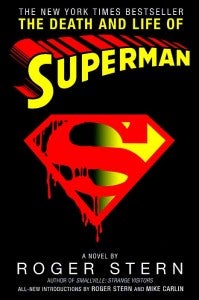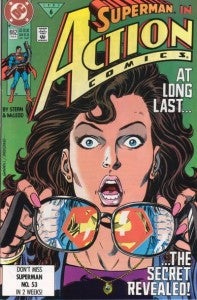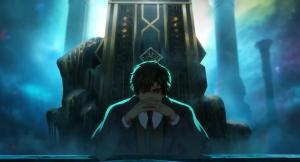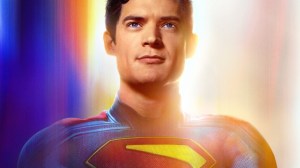The second in a series of interviews with the creators behind DC’s 1992 Death of Superman story, meant to commemorate last weekend’s twentieth anniversary of the release of Superman #75, former longtime Action Comics and Superman: The Man of Tomorrow writer Roger Stern joined ComicBook.com to talk about the story, its impact and the process of adapting the still-incomplete tale to his best-selling novel, The Death and Life of Superman.Stern, an industry veteran and fan-favorite writer, enjoyed long and critically-acclaimed runs not only on the Superman titles but also on books like Captain America and The Amazing Spider-Man. While he works less in comics these days, Stern has written Superman and Smallville prose novels in recent years, as well as a Captain America Corps miniseries for Marvel Comics.While you wrote a lot of key stories in Superman’s publishing history, the death-and-rebirth stuff is among some of the very little material DC singled out as still having happened post New 52. It doesn’t seem like it can be just sales–what do you think is the enduring appeal of that story?First and foremost, the story is about Superman. People like the very idea of Superman. And the story of Superman’s death and resurrection resonates with people … in a “you don’t know what you’ve got till it’s gone” way.Secondly, DC has wisely kept this story in print, so it’s still out there. It hasn’t disappeared into some back issue bin. It’s still easily available for a new generation of readers to find and enjoy. Wish I could say that about more of our stories.Plus, it’s a pretty damn good story.How do YOU feel about the story? It’s very fondly remembered by some and by oths it gets a lot of the blame for the speculator boom and bust of the ’90s. I certainly look back on it fondly, even though parts of it later became a bit of a blur. I got to collaborate with a lot of very talented writers and artists, and to turn out work that is still read and enjoyed twenty years later.And we were hardly to blame for the speculator boom. That had already been going on for at least a couple of years when we started our story. And while, given the time, I’m sure that many copies of our issues were bagged and boarded and stashed away, a lot of them were actually read. I’ve run into so many people who told me that our story either started them reading comics … or got them back into reading comics.
Roger Stern Remembers the Death of Superman
The second in a series of interviews with the creators behind DC’s 1992 Death of Superman story, […]












